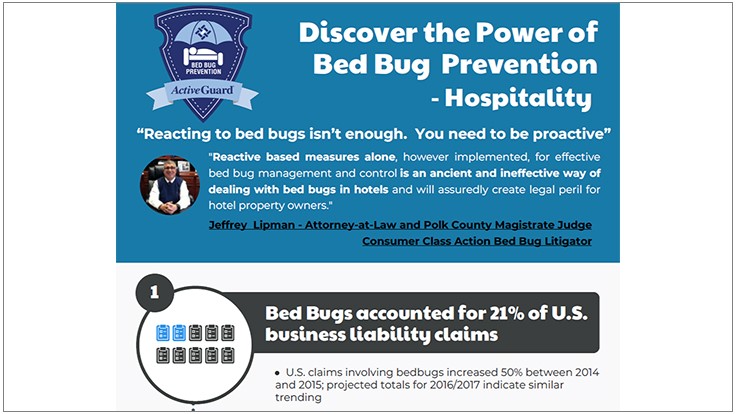The Duty Of Bug Control In Food Security And Hygiene
The Duty Of Bug Control In Food Security And Hygiene
Blog Article
Post Composed By-Duggan Bork
Are you familiar with the concealed dangers that parasites posture to the safety and security and hygiene of your food? From rats to bugs, these undesirable site visitors can pollute your active ingredients, surface areas, and storage space locations.
This article explores the crucial role of insect control in preserving the highest requirements of food security and health. Discover effective methods and prevention steps that will aid you shield your business, customers, and online reputation.
Do not allow pests jeopardize the high quality of your food.
The Effect of Parasites on Food Safety And Security and Hygiene
In your kitchen, pests can have a significant effect on food security and health. These unwanted guests, such as rats, pests, and cockroaches, can infect your food, surface areas, and tools with unsafe germs, infections, and bloodsuckers. They can easily access your pantry, cabinets, and also your fridge, leaving behind droppings, urine, and hair.
Not just can they spoil your food by eating through product packaging, yet they can additionally spread out conditions like Salmonella, E.coli, and Listeria. Picture preparing a dish for your household, uninformed that the active ingredients you're making use of are already contaminated.
It's crucial to take instant activity to prevent and control bugs in your kitchen area. Regular cleaning, appropriate food storage space, and professional parasite control steps are necessary to guarantee food safety and keep a sanitary setting in your kitchen area.
Reliable Insect Control Methods for the Food Sector
Carrying out effective parasite control approaches is crucial for keeping food safety and security and hygiene in the food sector. By applying these techniques, you can stop pests from polluting the food and make sure that your items are risk-free for usage.
One reliable approach is to consistently inspect and check your center for signs of bug task. This includes monitoring for droppings, nests, or any type of damage brought on by insects.
It's likewise vital to seal all entrance indicate prevent parasites from entering the facility. Monitoring systems and cleanliness are important, as pests are brought in to food deposit and spills.
Additionally, proper waste monitoring is vital to stop the buildup of food waste that can attract insects.
Preserving Health Specifications With Parasite Prevention Actions
To maintain hygiene standards, you need to routinely apply parasite avoidance measures. By taking aggressive actions to stop bugs from entering your food facility, you can make sure the safety and cleanliness of your premises. Below are some reliable bug prevention steps to think about:
- Seal all cracks and gaps: Insects can get in via also the tiniest openings. Frequently inspect and seal any type of voids in doors, home windows, wall surfaces, and floors to keep pests out.
- Appropriate waste monitoring: Dispose of food waste immediately and safely in secured containers. This will certainly decrease the tourist attraction of bugs and prevent invasions.
- Normal cleansing and sterilizing: Keeping sanitation in your establishment is crucial. Routinely clean and sterilize all locations, paying unique interest to locations where insects may hide or reproduce.
- Implement a surveillance system: Regularly evaluate your facilities for indicators of bug task. Set up https://www.bobvila.com/articles/orkin-review/ tracking tools, such as traps or sensing units, to recognize and attend to any type of prospective concerns at an early stage.
Conclusion
So bear in mind, when it comes to food safety and hygiene, insect control plays a vital function.
By carrying out effective insect control approaches and preventive measures, we can ensure the greatest criteria of cleanliness and safety in the food market.
Don't allow insects compromise the quality of our food; allow's stand together and safeguard our wellness and health.
